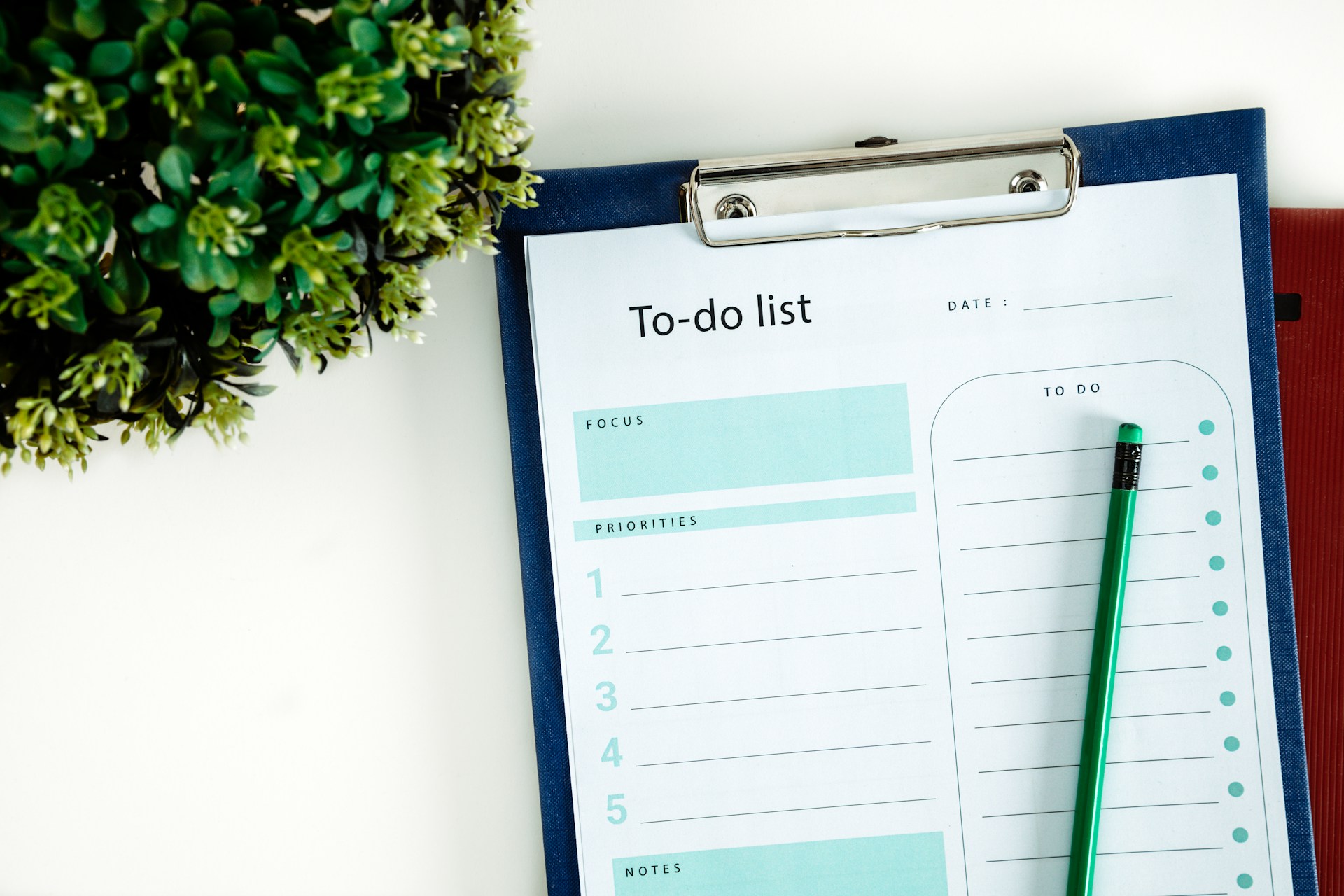The Real Challenge: Learning How to Lose Weight and Keep It Off
We all know someone who has done it. They lost 30 pounds in three months before a wedding or a reunion, only to have 20 of those pounds creep back on six months later. Or perhaps you know someone who spent a year on a strict, low-carb diet, shedding a remarkable amount of weight. But the moment they allowed themselves a single "cheat meal" or faced a stressful week, the floodgates opened, and the weight returned.
These stories aren't about a lack of willpower; they are the result of unsustainable approaches.
The biggest challenge is learning to view the process not as a temporary punishment, but as a permanent lifestyle shift. If you want to achieve sustainable results, you need a strong plan and a strategy that focuses specifically on how to lose weight and keep it off.
Shift Your Mindset for Lasting Results
A diet is a temporary intervention. A lifestyle change is a permanent upgrade. The most important step in successful weight management isn't just changing what is on your plate; it's changing your perception.
Stop Dieting, Start Living
The cycle of "dieting" is inherently destructive for long-term success. It suggests a finite period of deprivation, which inevitably leads to a rebound.
Instead, view food as your fuel and your partner in feeling good. Food is nourishment, pleasure, and social connection, and not the enemy.
Embrace Imperfection
You will have bad days. You will eat cake at a birthday party. A single meal (or even a week), of off-plan eating does not mean you have failed.
Instead of throwing in the towel, simply get back on track with the next meal. To lose weight and keep it off, focus on health and energy rather than just the number on the scale. Ask yourself:
- Do I have more energy?
- Are my clothes fitting better?
- Is my sleep improving?
These are much stronger indicators of successful, sustainable habits than a daily weigh-in.
The Power of Non-Scale Victories (NSVs)
To keep your motivation high, shift your focus to Non-Scale Victories. These prove your healthy habits are working, even when the scale stalls:
- Walking up two flights of stairs without getting winded.
- Automatically choosing a piece of fruit over a cookie.
- Tightening your belt by one notch.
These small, positive shifts are the building blocks of a healthy life.
The Sustainable Nutrition Plan
Nutrition is the most critical component of weight loss, but it doesn't have to be complicated or boring. The key is finding a way of eating that you genuinely enjoy and can maintain forever.
The Energy Balance Equation
To lose weight, you must create a calorie deficit, which means that you have to burn more energy than you consume. This is non-negotiable science. However, you don't need to obsessively count every single calorie for the rest of your life.
Instead, learn to visualize portion sizes. Use smaller plates, measure out snack foods, and be hyper-aware of serving sizes at restaurants, where portions are often double what you need.
Prioritize Protein and Fiber
- Protein: Essential for satiety (feeling full) and maintaining muscle mass, which keeps your metabolism efficient. Include a source of lean protein (chicken, fish, eggs, tofu, legumes) in every meal.
- Fiber: Focus on foods rich in fiber like vegetables, fruits, and whole grains. These add volume to your meals, keeping you full longer without adding excess calories, while also aiding digestion.
Hydration and Mindful Eating
Sometimes the simplest habits have the biggest impact on learning how to lose weight and keep it off.
- Drink Water First: Thirst is often mistaken for hunger. Before grabbing a snack, drink a large glass of water and wait 15 minutes.
- Slow Down: Mindful eating means paying attention to your food—its taste, texture, and your body's signals. Put away your phone and chew slowly. It takes about 20 minutes for your stomach to signal your brain that it is full, so slowing down naturally helps you eat less.
Incorporating Sustainable Movement
While nutrition drives weight loss, physical activity is a non-negotiable tool for maintaining it. Exercise burns calories, builds muscle, and improves mood, making it easier to stick to your goals.
The Power of NEAT
You don't need a grueling two-hour gym session every day. Focus on increasing your Non-Exercise Activity Thermogenesis (NEAT), the calories you burn doing anything that isn't sleeping, eating, or dedicated exercise.
- Take the stairs instead of the elevator.
- Park farther away from the store entrance.
- Walk while taking phone calls.
Small, frequent movements throughout the day accumulate far more calorie burn than one isolated workout can.
Build and Preserve Muscle
Muscle tissue is metabolically active, meaning it burns more calories at rest than fat tissue does.
- Frequency: Aim for two to three full-body strength training sessions per week.
- Start Simple: Use bodyweight exercises (squats, push-ups), resistance bands, or light weights. Consistency is far more important than intensity when you are beginning.
Create an Environment for Success
Your environment either supports your goals or sabotages them. To keep the weight off for good, you must make the healthy choice the easy choice.
"Out of Sight, Out of Mind"
Audit your kitchen and workspace to remove temptation.
- The Countertop Rule: Keep only healthy foods (like a fruit bowl) visible on your kitchen counter.
- Hide the Junk: Store tempting items like cookies or chips in opaque containers or high cupboards where you have to think twice before reaching for them.
Prep for Success
Dedicate an hour or two on the weekend to prepare healthy basics (chopping vegetables, cooking brown rice, or boiling eggs). When hunger strikes on a busy Tuesday, having a healthy option ready is the key to avoiding the drive-thru.
Sleep and Stress Management
The importance of sleep and stress is often underestimated, but they play a major role in your body's ability to release weight.
- Prioritize Sleep: Lack of sleep disrupts hormones that regulate hunger (ghrelin) and satiety (leptin). When you are sleep-deprived, you are biologically wired to crave high-calorie, sugary foods. Aim for 7–9 hours nightly.
- Manage Stress: High stress raises cortisol, a hormone that encourages the body to store fat, particularly in the abdominal area. Instead of turning to food to cope, find healthy outlets like walking, reading, meditation, or gentle stretching.
The Final Commitment
Sustainable weight loss is a series of small, consistent choices that compound over time. By focusing on nourishment, movement, and mindset, you stop fighting your body and start working with it.
FAQ
What is the most effective way to lose weight and keep it off?
The most effective approach is a combination of a steady calorie deficit, consistent physical activity, mindful eating, and long-term lifestyle changes. Quick fixes rarely work; sustainable habits do.
Do I need to follow a strict diet to keep weight off?
No. Strict diets often lead to rebound weight gain. Instead, choose balanced meals you enjoy and can maintain long-term. Flexibility is key to consistency.
How important is exercise when trying to keep weight off long-term?
While nutrition drives the initial weight loss, movement, especially daily activity and strength training, is essential for maintaining that loss by supporting your metabolism and muscle mass.
How can I stay motivated if the scale isn’t moving?
Focus on Non-Scale Victories (NSVs): better sleep, looser clothing, increased energy, improved mood, or healthier food choices. These show real progress even before the scale catches up.
Why does sleep matter for long-term weight loss?
Poor sleep disrupts hunger hormones, increases cravings, and lowers energy. Getting 7–9 hours of sleep supports appetite control, hormone balance, and stable weight management.








